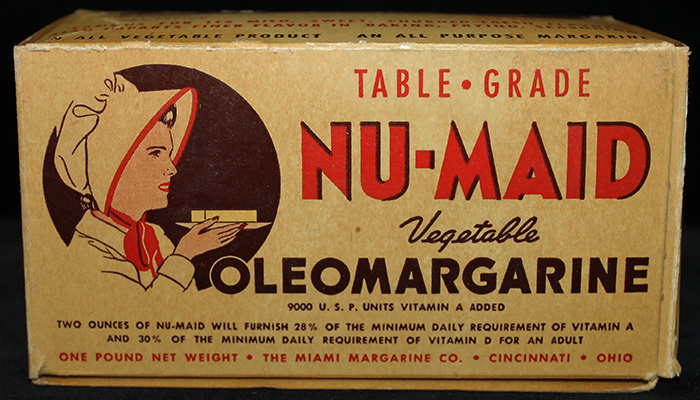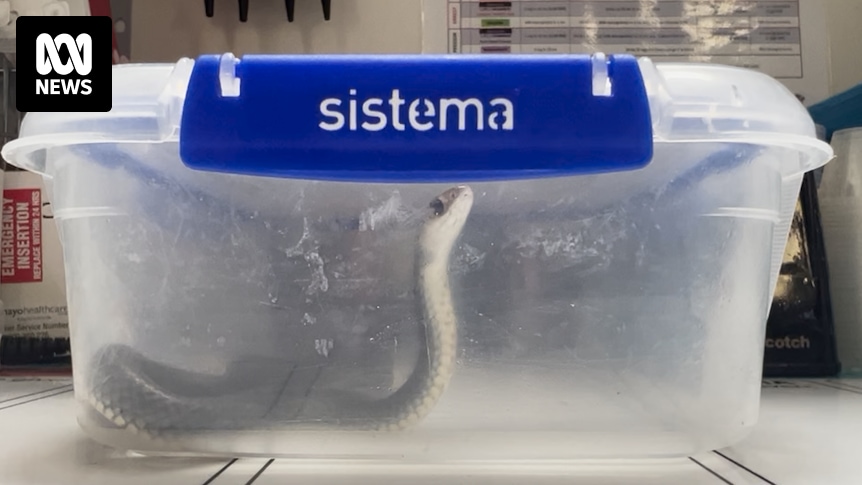Isn’t antivenin very species-specific? How are they supposed to know the snake off a probably shitty description from the person bitten, if they even saw it? And saying to not even take a photo? What?
Further in the article.
Dr Michael said medical staff did not need to see a snake to know how to treat patients.
“We can determine if you need anti-venom and if so, what anti venom you need based on clinical signs, blood tests and also the snake venom detection kits that we keep here at the hospital,” he said.
"We’re actually not trained to identify snakes, and so it’s not helpful. “It just puts the staff at risk as well as yourself.”
That makes sense. They are doctors not snake experts
deleted by creator
Incorrect. They have a test to conclusively determine what antivenom will work on it, if it even needs any. Bringing them the snake, or even a picture of the snake doesn’t help, they can’t identify the snake on sight any more than you can.
Bringing the snake just puts more people at risk and slows everything down as they have to now deal with there being a snake at the hospital. Putting you at more risk of delays. Delays are what you want to avoid in snake bite care. The delay of going and getting the snake, or a picture of the snake, the delay of there being a snake at the hospital. The delay of arguing with the emotional person that wants them to examine the snake rather than running the faster and more accurate test they would have to run anyway rather than guessing what snake it is by looking at it…
Huh you would think in Australia I would know this.
Some of the snakes here kill us in 15 to 20 minutes
It sounds like it hasn’t been a big enough problem yet, but they just want to head it off. And it may have been more helpful in the past. I don’t know how long the antivenom test has been faster and more accurate than physically identifying the snake. Either way, bringing the snake now is overall a much worse idea than it probably used to be.
A friend of the family raised rattlers to milk for their venom.
Even knowing exactly what was being dealt with, he still gave up after losing two fingers.
Rural, of course, so there were delays.
This is the best summary I could come up with:
“Any attempts to either get close to a snake to catch or to kill, or to photograph the snake, just puts people at risk.”
“We want people to be able to get seen and assessed quickly and having a live snake in the department slows up that process.”
“If that snake gets out in an emergency department, that becomes a huge a disaster.”
“Snakes are one of those things that scare a lot of people, we definitely don’t want them in the hospital.”
The original article contains 83 words, the summary contains 83 words. Saved 0%. I’m a bot and I’m open source!






